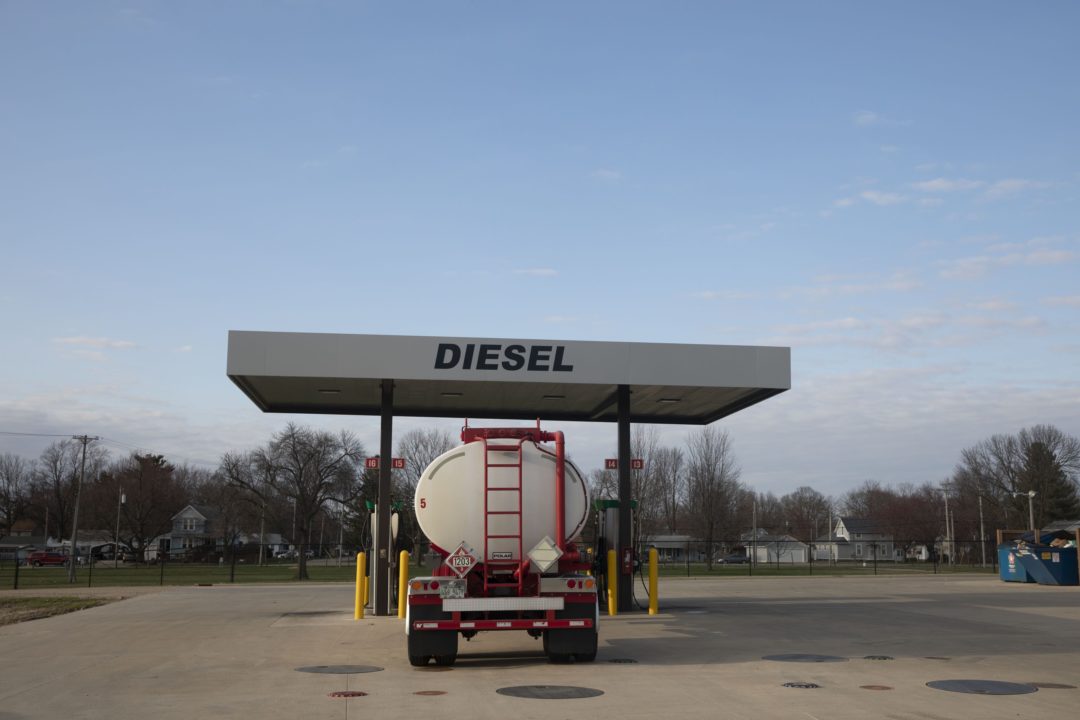
Visit Our Sponsors |
|
|
|
|
|
|
|
|
|
|
|
|
|
|
|
|
|
|
|
|
|
|
|
|
|
|
|
|
|
|
|
|
|
|
|
|
|
|
|
|
|
|
|
|
|
|
|
|
|
|
|
|
|
|
|
|

The U.S. trucking industry appears poised for a rebound, which threatens to put pressure on a diesel market already contending with some of the lowest stockpiles in more than two decades.
Domestic freight demand is set to rise because retailers have whittled down most of their excess inventory and are shipping more again, and construction projects fostered by President Joe Biden’s stimulus programs are also boosting the use of diesel-powered truck fleets. That means diesel consumption is set to rise at a time when domestic fuel stockpiles are languishing at the second-lowest seasonal levels since 2000.
At risk are farmers who need diesel to harvest crops and homeowners who rely on its sister fuel, heating oil, to get through the winter. Diesel is so deeply embedded within manufacturing and transportation that its cost permeates the supply chain, and a price squeeze would almost certainly point to broader inflationary pressures in everything from groceries to electronics.
Read more: Bottoming Out: Freight Rate Rebound Poses Risk for Shippers
Diesel futures already are trading near the highest level since January 2023 in New York, and the premium that near-term supplies are fetching relative to deliveries later in 2023 is discouraging arbitrageurs from stowing fuel in storage tanks. At the retail level, diesel is commanding 30% more than the five-year average, according to data from auto club AAA.
Bob Costello, chief economist at industry association American Trucking Association, foresees “small improvements” in freight demand. Meanwhile, government analysts at the Energy Information Administration on September 12 lifted their full-year 2023 forecast for distillates consumption — the category that includes diesel and heating oil — to 3.93 million barrels a day.
Diesel-supply tightness in the U.S. compounds a looming shortage around the world. The OPEC alliance’s decision to extend output limits is forcing refiners to use different types of crude, a switch that JPMorgan Chase & Co. estimates is cutting fuel yields by as much as 1 million barrels a day. Add to that the fact that Russia is curbing diesel exports, and the worldwide supply picture looks grim.
RELATED CONTENT
RELATED VIDEOS
Timely, incisive articles delivered directly to your inbox.







